For the Indians: A Remembrance of John T. Vance
 Mildred Pierce, John T. Vance, Jerome Kuykendall, Brantley Blue, Richard W. Yarborough
Mildred Pierce, John T. Vance, Jerome Kuykendall, Brantley Blue, Richard W. YarboroughOn May 20, 2001 I had the pleasure of making the acquaintance of John T. Vance, the former Chairman of the Indian Claims Commission (ICC) and a Commissioner of the same Commission for over ten years. John Vance was named to the Commission as Chairman on March 19, 1968 by President Johnson, was removed from the role of Chairman of the Commission by President Nixon, but continued to serve nobly on the ICC as a Commissioner until it ceased to exist in 1978. That simple meeting on that spring day on the University of Tulsa campus would lead to a friendship that lasted for several happy years – until John moved north, first to Montana and finally to Portland, Oregon. During the last several years I was friends with John, I witnessed him struggle to articulate a vision that I believe he brought with him to his work at the ICC and has carried with him throughout his life – a vision in which Native people of this country receive the respect and are repaid the huge debt that we as a nation owe them, not only for the very land that we walk on every day, but for the spirit of this place that we now call the United States of America. John Vance and I share a very deep regard for Native people and for their contributions to this country – from the Great Law of the Longhouse of the Iroquois that was so influential in the writing of our own Constitution to the treaties that have been systematically broken by our own government to the casinos that today provide a spark of economic possibility to those who have been left out of the “American Dream.” John’s vision of the goal of the ICC is best reflected in the words of President Harry S. Truman when he signed into law the act that established the Indian Claims Commission in 1946:
“...that this bill will mark the beginning of a new era for our
Indian Citizens. They have valiantly served on every battlefront.
They have proved by their loyalty the wisdom of a national
policy built upon fair dealing. With the final settlement of all
outstanding claims which this measure insures, Indians can take
their place without special handicap or special advantage in the
economic life of our nation and share fully in its progress.”1
Unfortunately, the Indian Claims Commission did not achieve its goal, but that was not due to the untiring efforts of John Vance. If it had been left up to John Vance, the Native people of this country would have been paid in-full every cent that they are owed, and I do believe that John Vance would have found a way to return the sacred Black Hills to the Sioux Nation. But one man acting alone can only do so much. That is why I write this memorial with such a heavy heart – not only for the Native people who will likely never receive what they are owed, but for the efforts of one man who wanted so desperately to change the manner in which this government dealt with the Native nations of this country. As I watched John Vance’s powers diminish from the ravages of Alzheimer's – I thought that with John went a great story, a story that we may never know or understand, a story of how, in spite of great odds to the contrary, a small group of individuals tried to do the right thing. I wish that John Vance was still the vibrant, healthy man he once was, but nevertheless, his legacy of hope and “doing the right thing” lives on in the lives of those he has touched. I share his hope that someday this world will realize that the land that we call home was stolen generations ago from a group of people who have never received what they were promised for this taking. To this end, we still must fight in an effort to “do the right thing.” I thank John Vance for his efforts yesterday and his influence today to continue this struggle, and I wish those who knew and loved John the strength, hope and heart to carry on his dream.
1August 3, 1946, Public Papers of the President, Harry S. Truman, 1946, 414 (1962).

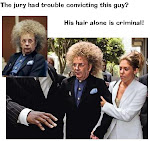
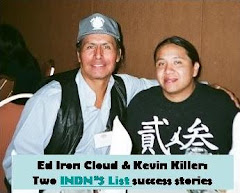
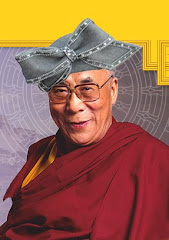






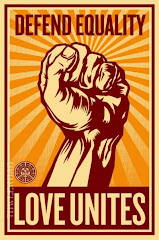

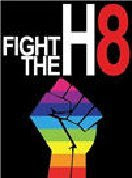

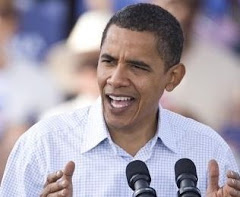


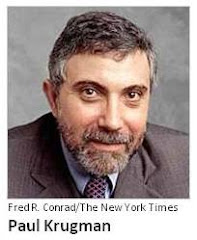













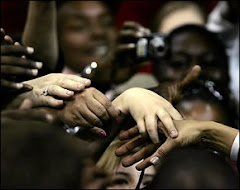












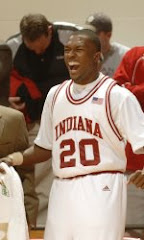











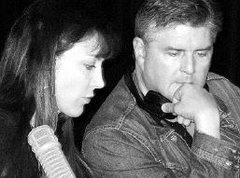


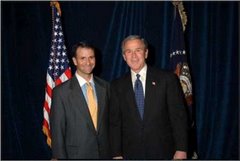





1 comment:
John Vance was my professor in law school. He taught that real property doesn't move (except in California), that humanity and nobility in the practice of law are still important and attainable, and that we are all to "do what we can, though sometimes you take a terrible beating."
His example of listening and learning from everyone involved while fashioning the product of his work is an enduring gift.
Post a Comment